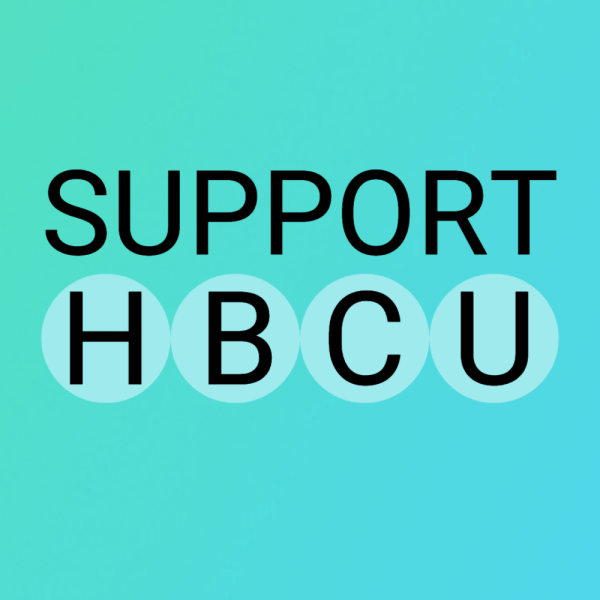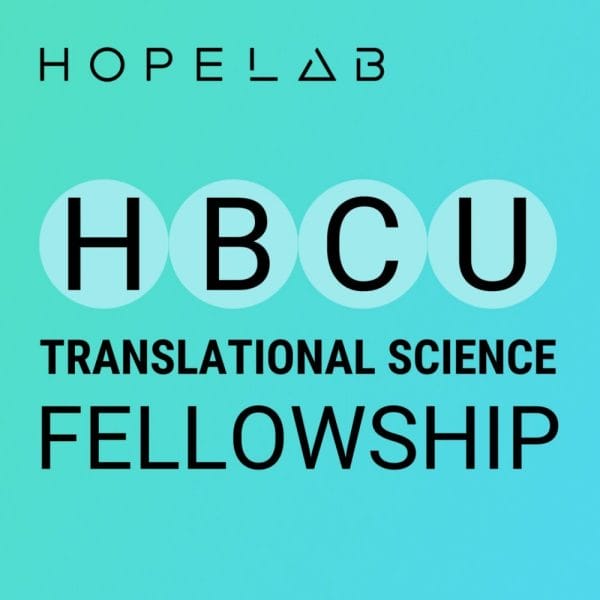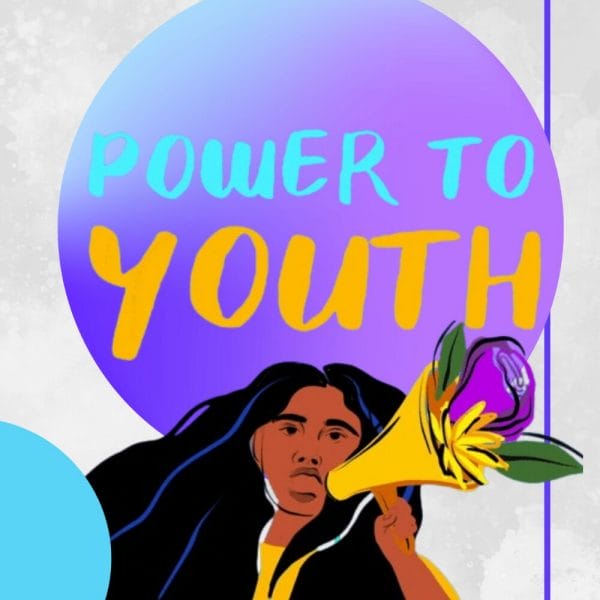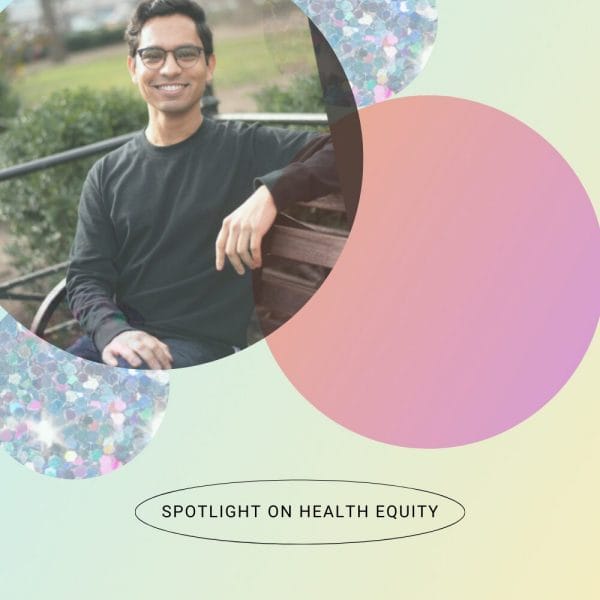This month, Hopelab is thrilled to have launched the second annual Young Innovators in Behavioral Health (YIBH) Award. YIBH shines a light on young people’s critical role in envisioning, designing, and building a future where everyone can access the critical mental health resources they need. At last year’s award presentation, I was beyond impressed with the diverse solutions young people bring to the table. I was also excited to see a community of changemakers starting to blossom. As we celebrate, support, and seek another cohort of young leaders, I want to share the importance of creative solutions and community and how these forces impact my perception of who can heal and how healing can be nourished.
My mental health journey started at home
I’m a second-generation American, and my parents are from Mexico. It doesn’t take long on Latine social media to see the memes of immigrant parents who don’t “get” mental health (like this one). Except my parents did “get” mental health, and teenage me got to see them “getting it” in real-time.
I grew up with parents who went to therapy, and I saw the journey it took them on! My dad got softer, my mom started to pay attention to her own needs, and then they started getting involved in their community. As a teenager, I also saw how much joy and connection the community brought them. My mistake when I started my own mental health journey was that I used to think it was all on me. However, when my parents began healing, we all started healing.
Community-based mental health means collective healing.
Before therapy, my dad raised his three sons to be hard to take on the world, and then he didn’t. He started to raise us to work together and to work with others. In the apartment complex we lived in, many residents came together to garden, and my dad encouraged my brothers and me to help. Something clicked when I began to engage with my neighbors: I was assuming a lot — about our Guatemalan neighbors who taught me about root veggies and the elders in our building who told me about Oakland in the 1970s. From gardening, I learned to unofficially translate documents for our Spanish-speaking elders. I realized that my community was intersectional — able-bodied and non-able-bodied people came together. It was multiracial with Black, Latine, Habesha people, and folks from Central America. It was intergenerational, with folks from eight to 80 years old working hand in hand. The community collectively healed when it came together, and I think I did as well.
Community and intersectionality in mental health cultivate fertile ground for creative solutions.
At Hopelab, I’m constantly reminded of the importance of intersectional and community approaches to our well-being. Last year, I met one of our 2023 YIBH winners, Gréisy, a speaker and bilingual breathwork practitioner who practices with in-person communities and over social media. Hearing her speak on the importance of healing both self and community was a great reminder of the power of both. I also met Jorge, a mental health advocate and champion, listening to him advocate for bringing young people in the building alongside others in health to build the next generation of solutions. I was excited to see the next generation of changemakers creating solutions for an intersection of people who are often forgotten. It’s important for us to honor a diverse group of young changemakers, from influencers like Gréisy and Jorge to organizers and artists, researchers, and entrepreneurs who can contribute to bettering our mental health and the mental health of young people.
As we acknowledge the complex intersectionality of mental health and the diversity of potential creative solutions, the 2024 Young Innovators in Behavioral Health Awards was designed with six categories:
- Arts and Activism: Recognize artists, culture workers, and organizers who use creative expression to advocate for change and justice in behavioral health
- Media and Influencers: Recognize journalists, influencers, and other content creators who leverage their media platform to shape public discourse on behavioral health topics
- Founders: Recognize innovators and entrepreneurs who transform ideas into successful ventures or non-profits
- Tech and Innovation: Recognize pioneers who leverage technology to push boundaries and create digital solutions to solve complex behavioral health challenges
- Research and Academia: Recognize researchers, students, and educators who advance evidence-based knowledge in behavioral health and help translate science into solutions
- Clinical Services: Recognize health care professionals who provide exemplary care, compassion, and innovation in the delivery of behavioral health care
The Hopelab team is currently collecting nominations for this year’s YIBH cohort. We hope young innovators from all over the country can share their ideas, projects, companies, and research with the larger behavioral health ecosystem.





